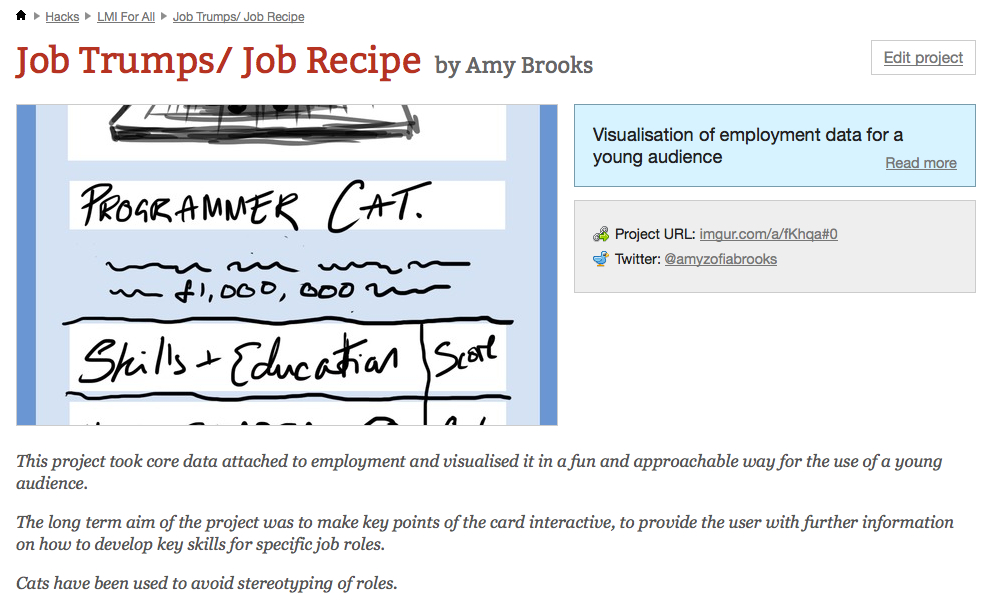It is the end of the holidays and time to return back to work. And of course with September starts the autumn conference season. This week I am at the ALT C Conference at Warwick University and then at the European Conference for Educational Research in Porto. More on The ECER conference later.
At Alt C we are organising a workshop on the UKCES open data project (abstract below). And we will also have an exhibition stand. So if you are coming to the conference make sure to drop by the stand – No 16 in the Arts Centre – free coffee and sweets! and say hello.
The challenges of open data: emerging technology to support learner journeys
People make important decisions about their participation in the labour market every year. This extends from pupils in schools, to students in Further and Higher education institutions and individuals at every stage of their career and learning journeys. Whether these individuals are in transition from education and/or training, in employment and wishing to up-skill, re-skill or change their career, or whether they are outside the labour market wishing to re-enter, high quality and impartial labour market information (LMI) is crucial to effective career decision-making. LMI is at the heart of UK Government reforms of careers service provision. Linking and opening up careers focused LMI to optimise access to, and use of, core national data sources is one approach to improving that provision as well as supporting the Open Data policy agenda (see HM Government, 2012). Careers focused LMI can be used to support people make better decisions about learning and work and improve the efficiency of labour markets by helping match supply with demand, and helping institutions in planning future course provision.
A major project, funded by the UK Commission for Employment and Skills, is underway led by a team of data experts at the Institute for Employment Research (University of Warwick) with developers and technologists from Pontydysgu and Raycom designing, developing and delivering a careers LMI webportal, known as LMI for All. The presentation will focus on the challenge of collaborating and collecting evidence at scale between institutions and the social and technological design and development of the database. The database is accessed through an open API, which will be explored during the presentation.
Through open competition developers, including students in FE, have been encouraged to develop their own applications based on the data. Early adopters and developers have developed targeted applications and websites that present LMI in a more engaging way, which are targeted at specific audiences with contrasting needs.The web portal is innovative, as it seeks to link and open up careers focused LMI with the intention of optimising access to, and use of, core national data sources that can be used to support individuals make better decisions about learning and work. It has already won an award from the Open Data Institute.
The presentation will highlight some of the big data and technological challenges the project has addressed. It will also look at how to organise collaboration between institutions and organisations in sharing data to provide new services in education and training.Targeted participants include developers and stakeholders from a range of educational and learning settings.
The session will be interactive with participants able to test out the API, provide feedback and view applications.
